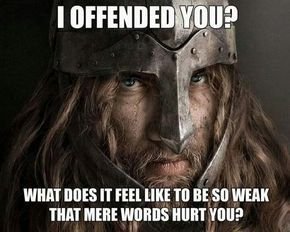We’re going to build on elements from Using One-Line Summaries to Write Better Stories and Flashback as Story Frame to deal with another story challenge that often leads editors and publishers to stop reading and reject a story: Toing and Froing (To-ing and Fro-ing), something I first wrote about in Quit Stage Directing.
Simply put, Toing and Froing occurs when the writer/author has their characters move around or do things for no real story purpose; there’s no character development, no character revelation, the atmosphere doesn’t change, no plot elements are furthered or revealed, the movement is irrelevant to any established or impending plot points, the movement is unnecessary to the dialogue, et cetera.
The end result is weak writing, exposition, narration, and lots of uninteresting things happening just to fill the page. Most writers/authors fall down on “movement is unnecessary to the dialogue.” They’ll have two or more characters talking and feel the characters should be doing something while they talk.
The desire to have characters do something while talking is good, the execution is usually poor, and now we’re dealing with attribution via action which I’ll cover in another post.
Eating my own dogfood
I’m currently editing Cicatrix, a work-in-progress last picked up and put down in late Feb 2019.
What follows is the ninth scene in the story. I’ll share the scene’s original form first with brightly colored “Problems” buttons after each weak paragraph. Click on the “Problems” buttons for examples of that paragraph’s problems. Next I’ll share share a rewrite with brightly colored “Solutions” buttons. Click on the “Solutions” buttons for explanations of why the rewrite is better.
PS) this is more for my edification than yours. Feel free to disagree. Please make sure you explain your disagreement and offer suggestions for improvement. Always happy to learn, me.
Greetings! I’m your friendly, neighborhood Threshold Guardian. This is a protected post. Protected posts in the My Work, Marketing, and StoryCrafting categories require a subscription (starting at 1$US/month) to access. Protected posts outside those categories require a General (free) membership.
Members and Subscribers can LogIn. Non members can join. Non-protected posts (there are several) are available to everyone.
Want to learn more about why I use a subscription model? Read More ch-ch-ch-ch-Changes Enjoy!


